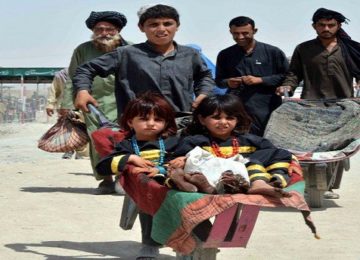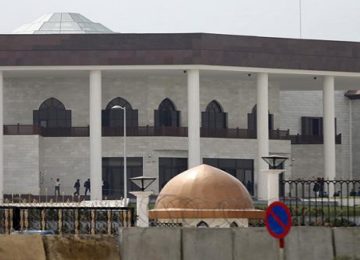Afghanistan shares a border of 2650 km with Pakistan, about 40 percent of which is fenced. Pak-Afghan Border (The Durand Line) has been a perpetual cause of discord between the two countries. Now in power after 20 years, Taliban seem to have the same obstinate approach towards Pakistan despite the latter having shown compassion towards Afghanistan in several catastrophes. The Taliban, like other Afghans, claim that the area extending until Attock (KP) belongs to Afghanistan, based on the previous division mediated by the British. However, the imaginary division of Durand Line was no longer valid after Pakistan came into being in 1947. The Taliban will have to understand that their ethnocentric stance as a justification for the Durand Line is not only invalid but obsolete too.
On the other hand, Taliban seem to be short of threshold to accept the new realities and even constructive criticism. The recent case of Professor Faizullah Jalal and the maltreatment of many other Afghans, especially journalists, is known to all.
The rest of the countries, such as China, Russia, and Turkey, also seem to have taken a step back, since Taliban have demonstrated lack of will, especially in terms of ensuring people’s welfare and safeguarding their rights. What lies ahead for Afghanistan? Could the world recognize Taliban with their fossilized, authoritarian attributes? While they implore the world to show mercy upon Afghanistan, what promises do they need to make and fulfill? Senior Analyst and Executive Director CRSS, Imtiaz Gul, delves into the status quo and prospects. Watch the video here:








